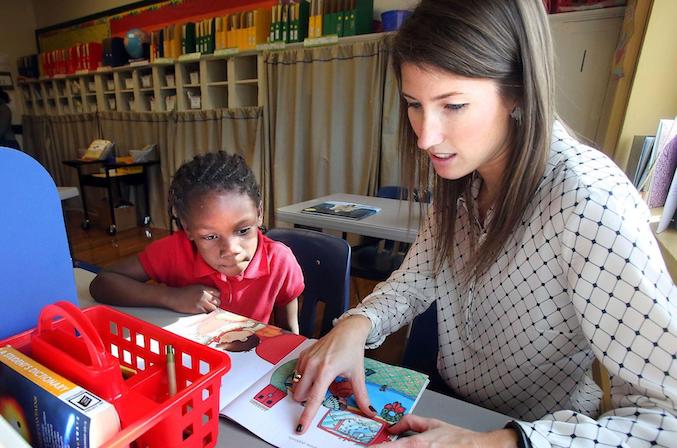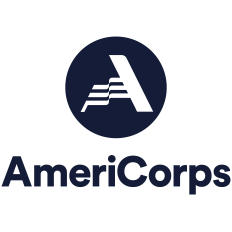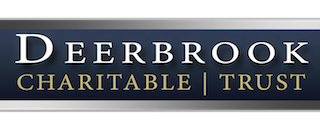December 21, 2018
Prioritize education and get involved to help students succeed

Originally published by Kecia Greenho on Post and Courier
We have a crisis in our state and there are things we, as individuals who care about an educated community, can do to move things forward.
The Post and Courier’s special report on the “Minimally Adequate” education system — a crisis of the state’s own making — did an excellent job highlighting how South Carolina consistently falls short of even this low expectation.
This is true especially for our students of color or students living in poverty. Years of failed attempts at educational reform, a broken school funding formula and the legacy of segregation have created a crisis, and we should all feel compelled to act. The lack of an educated community has high stakes for all. The article, “Leaders vow to fix SC’s ailing schools,” is the reaction we needed from our state lawmakers. The next question is: How does the average citizen get involved? We can make education a priority.
Reading proficiency by third grade remains the most important predictor of high school graduation and career success.
This remains one of the biggest obstacles to ending intergenerational poverty. A student’s ability to read by third grade is critical to a child’s lifelong earning potential and the ability to contribute to the local economy and its stability. The U.S. Department of Education identifies teaching young children to read as the most critical education priority facing our country.
In South Carolina in 10 years, there has been no significant change in reading scores, according to the National Association for Education Progress’ fourth-grade reading scores from 2007-17. South Carolina still falls well below the nation’s average for all students and even worse for students of color or students living in poverty. We can develop world-class STEM and STEAM magnet schools, camps and after-school immersion programs, and recruit more students into higher education math- and science-focused programs to prepare students for advanced industry careers. But if we don’t get more children reading proficiently in the elementary years, it will not matter.
The Annie E. Casey Foundation states that “low-income fourth-graders who cannot meet grade-level proficiency in reading today will most likely become our nation’s lowest-income, least-skilled, least productive and most-costly citizens tomorrow.” Unless we can dramatically change the reading trajectory of elementary students in South Carolina, we are condemning an entire generation to educational failure and poverty for generations going forward.
It is no coincidence that S.C. ranks in the bottom 20 states for expenditure per pupil, well below the national average. We are ranked 48th overall for PK-12 education with only Louisiana and New Mexico ranking lower. We also have some of the highest rates of students living in poverty. Continued focus on strong economic development without an investment and commitment to improving public education in South Carolina is very short-sighted.
Oftentimes, these special reports leave the readers with a more in-depth understanding of a problem but without any tangible ideas of how to help or move forward. As mentioned in an installment of the special report, the state’s biggest companies are thinking about what they can do in their own backyard. The article stated, “they should think bigger — flex their political muscle and demand wholesale reform.” I think we should all demand wholesale reform and act locally to help students in under-resourced schools. It’s going to take active community involvement to make an impact.
Reading Partners has over 200 students in Charleston and Berkeley counties on waiting lists for a volunteer to help them with their reading. Reading Partners is an evidence-based program written for volunteers. We work with students at risk of reading failure who slip through the cracks every year. We train volunteers to work one-on-one with students to move students toward reading proficiency. These are the students who don’t qualify for extra attention under Read to Succeed legislation, but have the greatest potential to graduate from high school and college and go on to apply for those advanced industry careers.
I will continue to work with students to ensure they have reading skills to set them up for success. What can you do?
Educate yourself, talk to your legislators, vote for people who prioritize education and volunteer with programs with evidence of success like Reading Partners.
Kecia Greenho is senior executive director of Reading Partners, a national nonprofit group engaging communities across the country working with students to improve reading.










